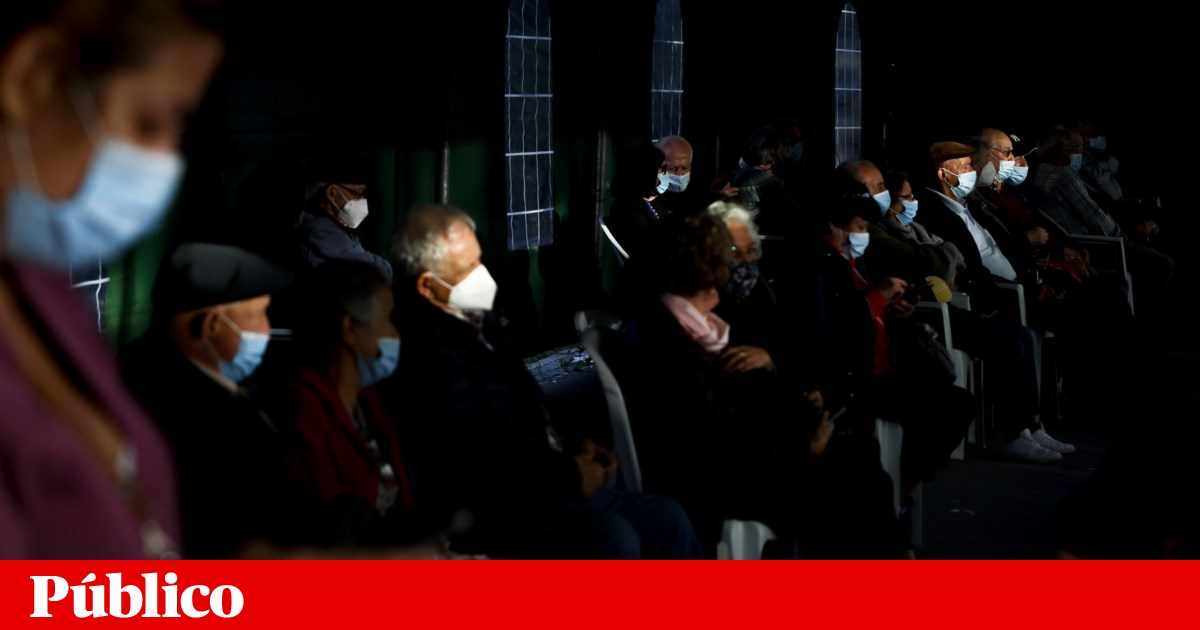Covid-19: Omicron variant responsible for almost 90% of infections in Portugal | SARS-CoV-2
The Omicron variant of the SARS-CoV-2 coronavirus is already responsible for almost 90% of occurrences in Portugal, an “sudden increase” that occurred just over a month after the first cases, announced this Tuesday the National Institute of Health Doctor Ricardo Jorge (Insa).
“Since December 6, there has been an increase in the proportion of probable cases of the Ómicron variant, having reached an estimated estimate of 89.6% on January 3, 2022”, says the INSA report on diversity genetics of SARS-CoV-2, which causes covid-19 disease.
According to the institute that monitors the evolution of the coronavirus in Portugal, the “sudden increase” in the community circulation of this variant resembles the “scenario observed in other countries”, such as Denmark and the United Kingdom.
The first 13 cases of Ómicron in Portugal were detected at the end of November, associated with one on Belenenses SAD and the same transmission chain, but on December 6, Insa said that 37 cases had already been registered.
A week later, on December 14, and with only 69 cases detected, the Insa report admitted the community circulation of Ómicron, which came to confirm on the 20th of the same month, when a variant was already responsible for an estimated rate of 46 .9% of infections.
With the Delta variant progressively losing ground after having been dominant for several months, an Omicron accounted for 82.9% of infections recorded at year-end, according to the authorities’ latest pandemic risk analysis data. of health.
Considered worrying and highly contagious by the World Health Organization (WHO), an Omicron has been detected in southern Africa, but since South African health authorities raised the alert on 24 November, it has been notified in at least 110 countries.
This variant is classified by a large number of analyzed mutations of interest to experts in the “spike” protein, including mutations recognized for their involvement in binding to human cell receptors and to neutralizers.
To date, Insa has analyzed 24,638 sequences of the genome of the new coronavirus, old from those collected in more than 100 laboratories, hospitals and institutions, representing 303 municipalities in Portugal.




